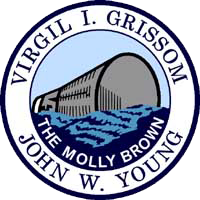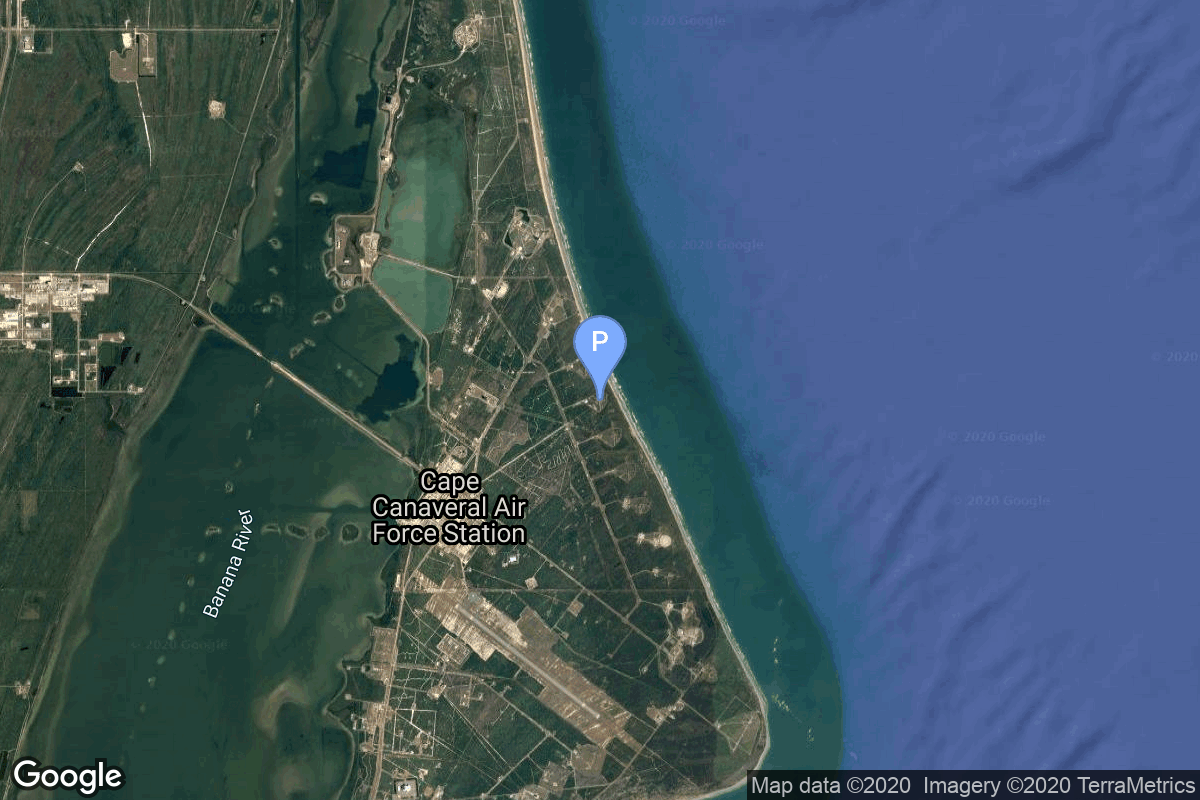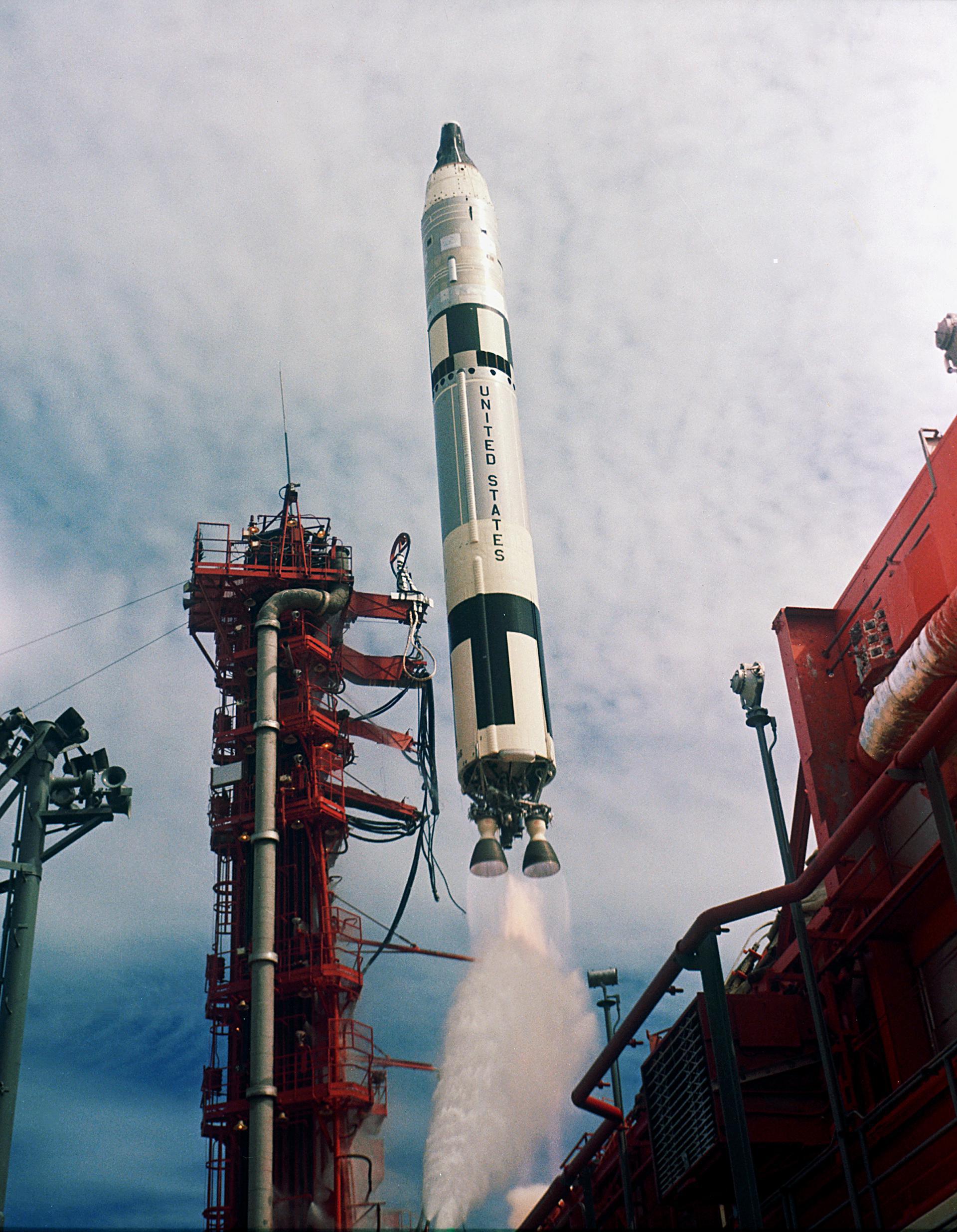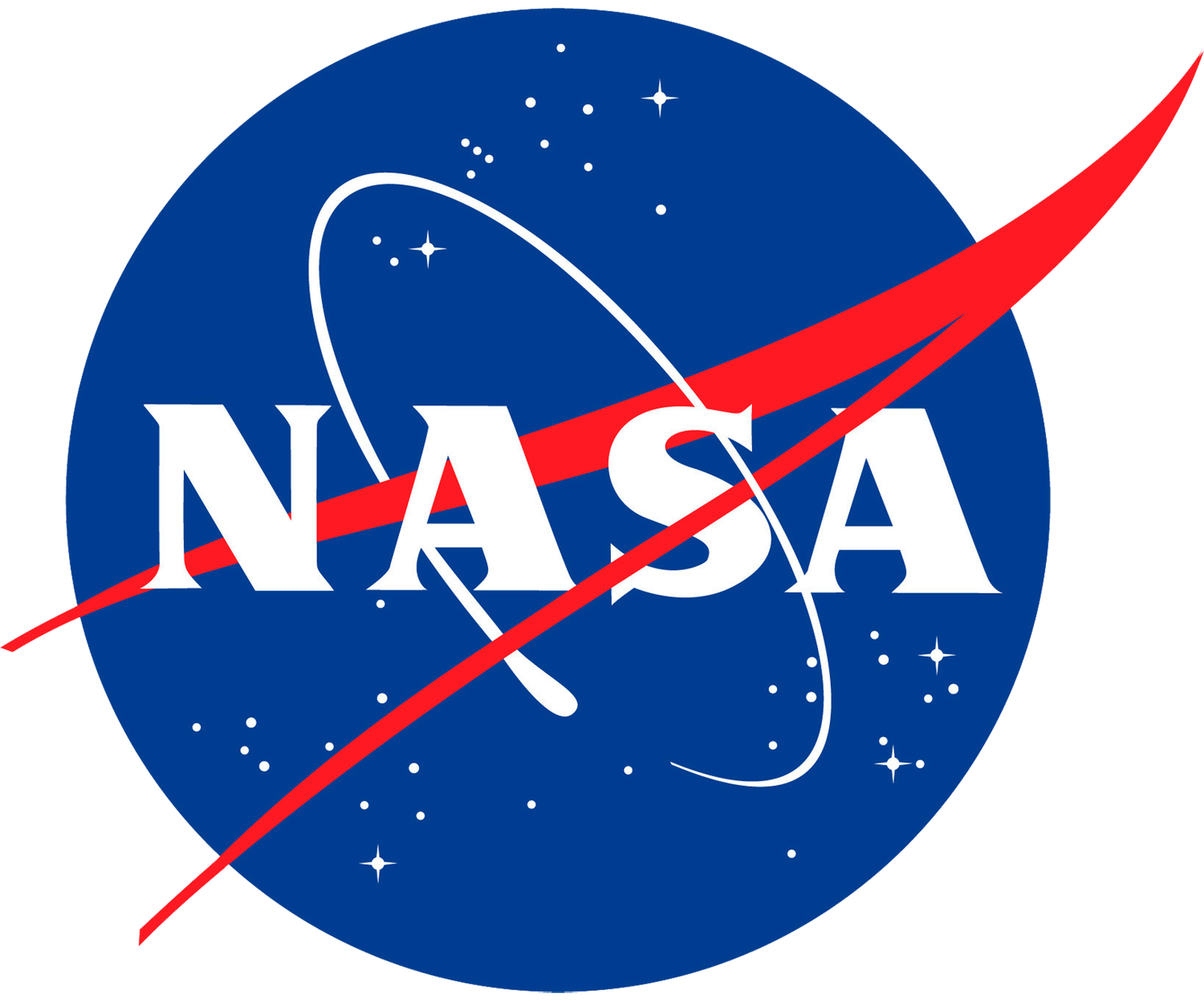Gemini III
Titan II GLV
National Aeronautics and Space Administration
Crew
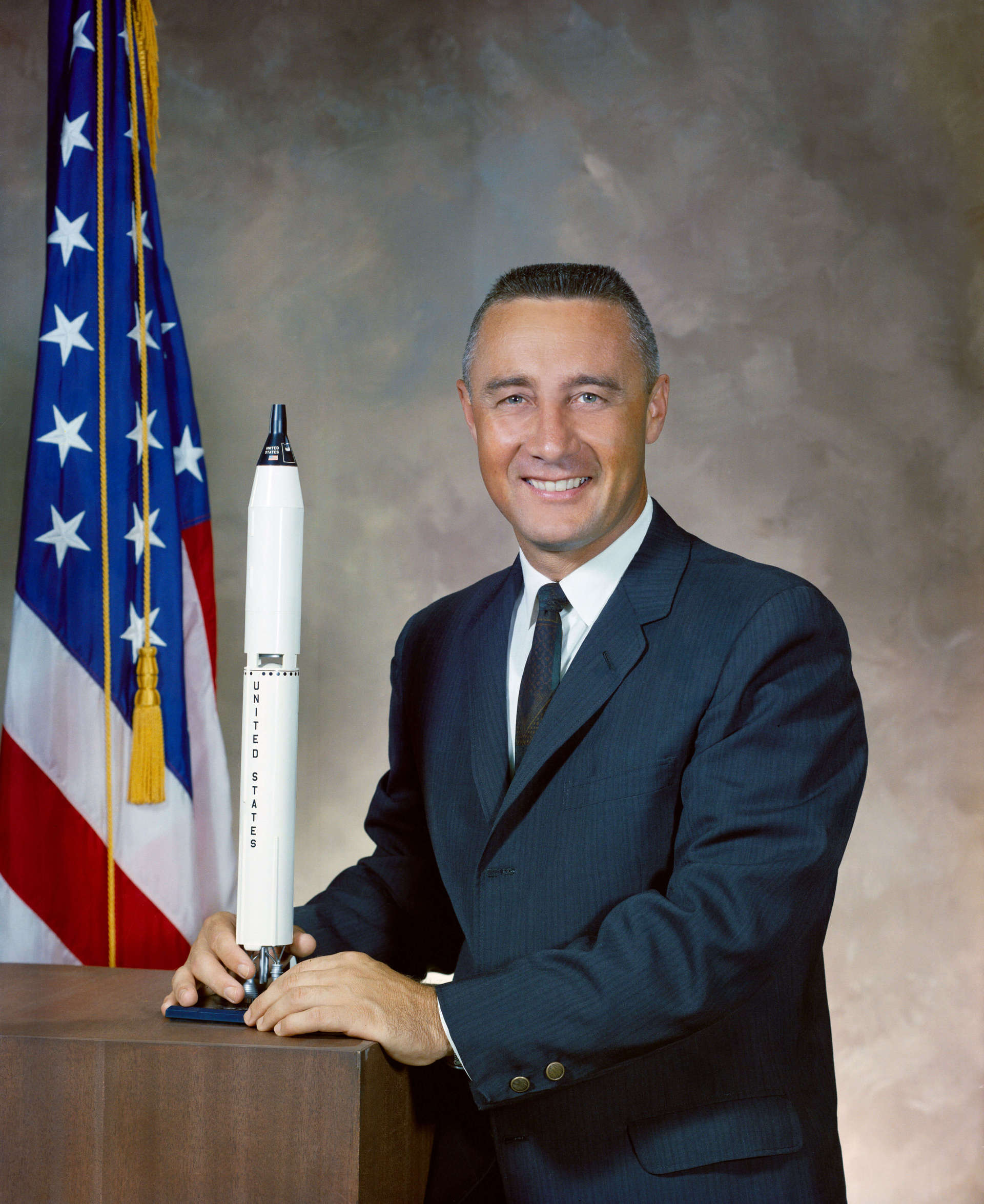
Gus Grissom
- Birthday: 04/03/1926
- Role: Command Pilot
- Nationality: American
- First Flight: 07/21/1961
- Last Flight: 01/27/1967
Lieutenant Colonel Virgil Ivan “Gus” Grissom was one of the seven original National Aeronautics and Space Administration’s Project Mercury astronauts, and the first of the Mercury Seven to die. He was also a Project Gemini and an Apollo program astronaut. Grissom was the second American to fly in space, and the first member of the NASA Astronaut Corps to fly in space twice. In addition, Grissom was a World War II and Korean War veteran, U.S. Air Force test pilot, and a mechanical engineer. He was a recipient of the Distinguished Flying Cross, and the Air Medal with an oak leaf cluster, a two-time recipient of the NASA Distinguished Service Medal, and, posthumously, the Congressional Space Medal of Honor.
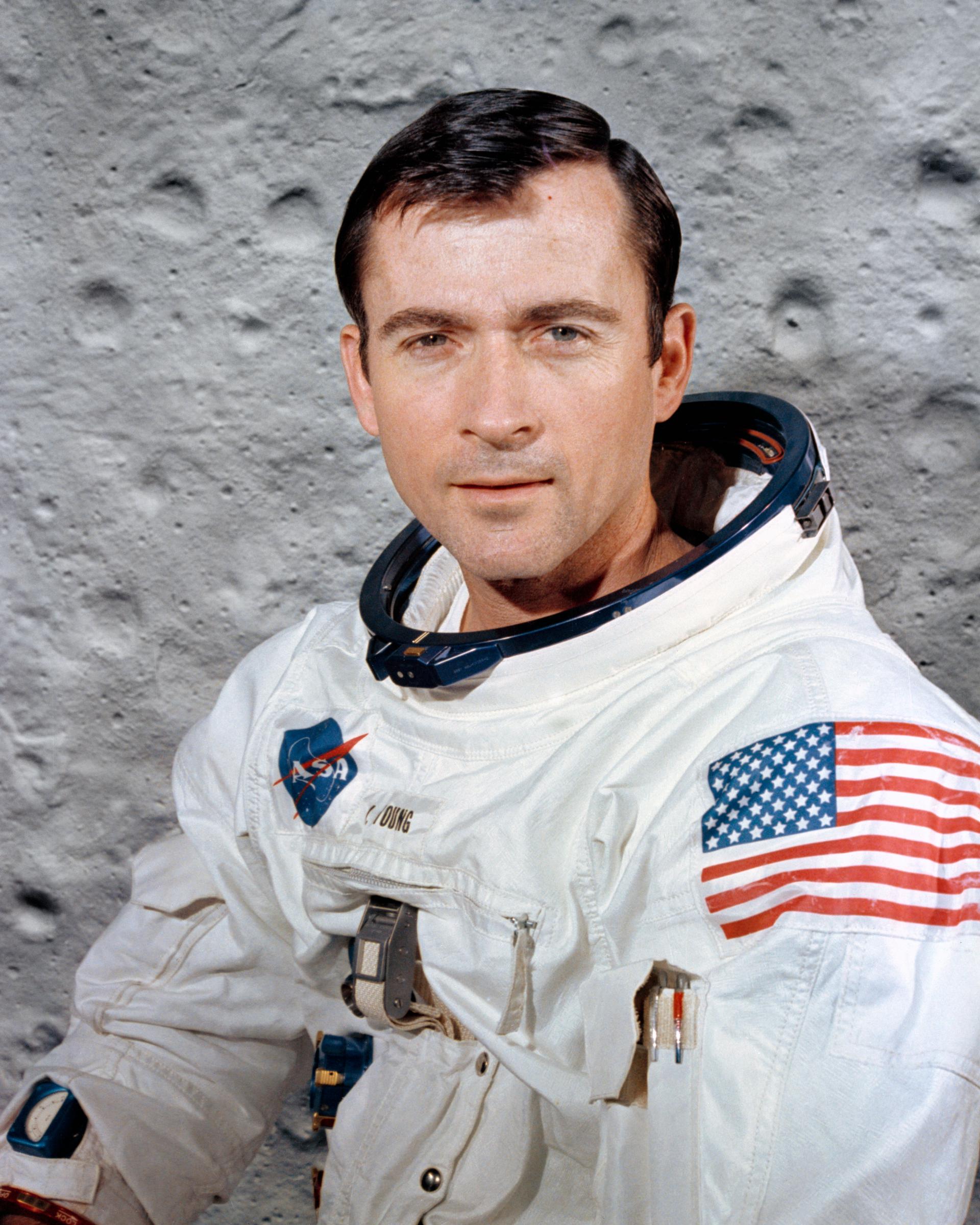
John Young
- Birthday: 09/24/1930
- Role: Pilot
- Nationality: American
- First Flight: 03/23/1965
- Last Flight: 11/28/1983
John Watts Young was an American astronaut, naval officer and aviator, test pilot, and aeronautical engineer. He became the ninth person to walk on the Moon as Commander of the Apollo 16 mission in 1972. Young enjoyed the longest career of any astronaut, becoming the first person to fly six space missions (with seven launches, counting his lunar liftoff) over the course of 42 years of active NASA service. He is the only person to have piloted, and been commander of, four different classes of spacecraft: Gemini, the Apollo Command/Service Module, the Apollo Lunar Module, and the Space Shuttle.
In 1965, Young flew on the first manned Gemini mission, and commanded another Gemini mission the next year. In 1969 during Apollo 10, he became the first person to fly solo around the Moon. He drove the Lunar Roving Vehicle on the Moon’s surface during Apollo 16, and is one of only three people to have flown to the Moon twice. He also commanded two Space Shuttle flights, including its first launch in 1981, and served as Chief of the Astronaut Office from 1974 to 1987. Young retired from NASA in 2004. He died on January 5, 2018.
Mission
Gemini III (Gemini 3)
- Type: Human Exploration
- Orbit: Low Earth Orbit
Gemini 3 was the first crewed mission of the Gemini program. Mission Command Pilot Gus Grissom and PilotJohn Young flew 3 orbits in a flight that was the last one to be operated from the Cape Kennedy Air Force Station. The mission was considered a success and was the first flight to perform an orbital maneuver. Gemini 3 fired its engines for 1 minute and 14 seconds changing its orbit. The mission lasted 4 hours and 52 minutes.
Location
Rocket
National Aeronautics and Space Administration Titan II GLV
The Titan II GLV (Gemini Launch Vehicle) or Gemini-Titan II was an American expendable launch system derived from the Titan II missile, which was used to launch twelve Gemini missions for NASA between 1964 and 1966. Two unmanned launches followed by ten manned ones were conducted from Launch Complex 19 at the Cape Canaveral Air Force Station, starting with Gemini 1 on April 8, 1964.
Agency
National Aeronautics and Space Administration
The National Aeronautics and Space Administration is an independent agency of the executive branch of the United States federal government responsible for the civilian space program, as well as aeronautics and aerospace research. NASA have many launch facilities but most are inactive. The most commonly used pad will be LC-39B at Kennedy Space Center in Florida.
